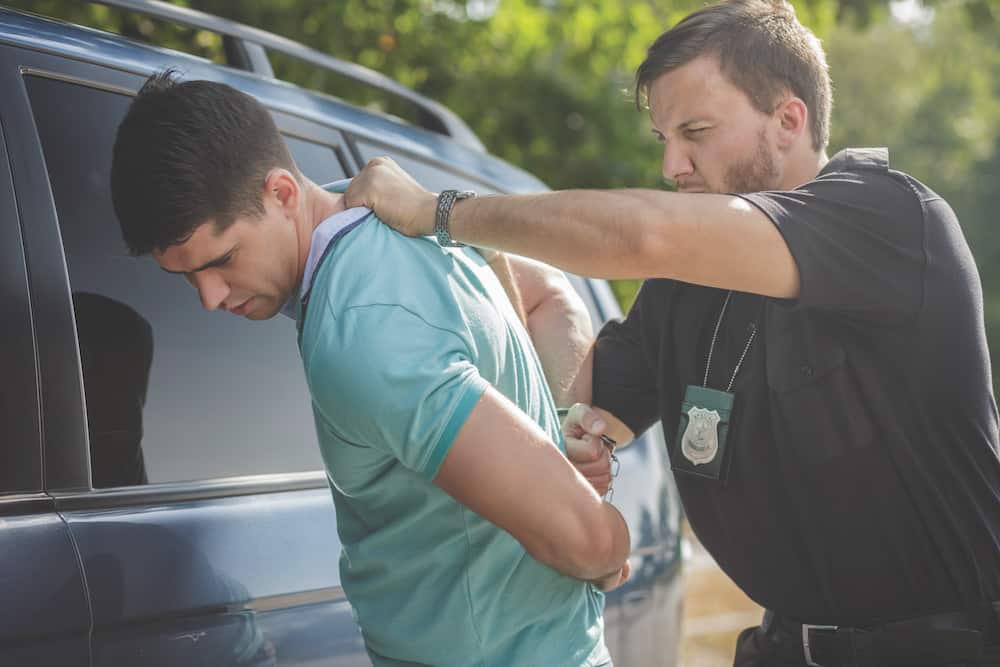While experts agree that stoned driving cannot be regulated in the same way as drunk driving, the question remains: Can legislators and law enforcement meet the unique challenges presented by cannabis consumption behind the wheel?
Every few weeks, Chris Halsor has volunteers in Colorado take part in a scenario that at first blush seems too good to be true. He transports them, free of charge, to a respectable hotel where, in a comfy, goody-filled RV in the parking lot, he has them get really high.
There’s only one rub: After they’re nice and stoned, they’re escorted to a hotel conference room filled with prosecutors and cops.

For the next several hours, the volunteers are probed, prodded and analyzed by the very people cannabis users usually try to avoid at all costs. The goal is improved public safety. Halsor, a Colorado attorney and former public prosecutor, is the founder of Green Lab, a first-of-its-kind endeavor that allows law-enforcement personnel and others to learn about cannabis impairment by witnessing it, up close and personal. Modeled on “wet labs,” the longtime training scenarios in which cops observe drunk people to better understand alcohol inebriation, Halsor designed the program to help police officers correctly identify people who are too high to be on the road, especially in states where cannabis laws are shifting (Halsor recently expanded his services to California).
“It’s a big paradigm shift of law enforcement and prosecutors to adjust to some of these changes,” Halsor says. “The idea behind it was to help law-enforcement officers improve their ability to detect and investigate marijuana-impaired driving cases.”
After several years of running the program, Halsor knows more about cannabis impairment and driving than nearly anybody. And what he’s learned has caused him to reevaluate his stance on


